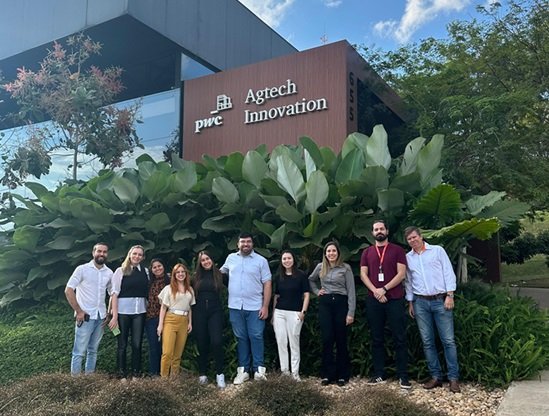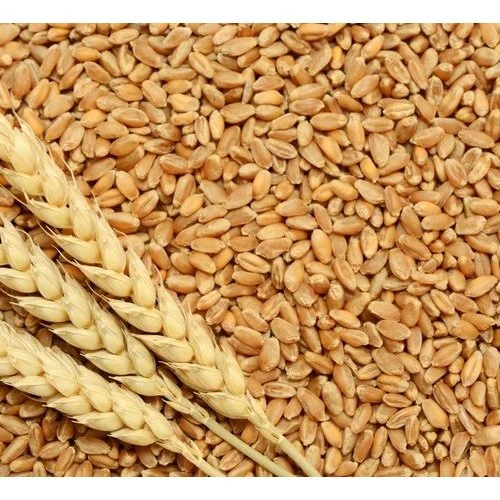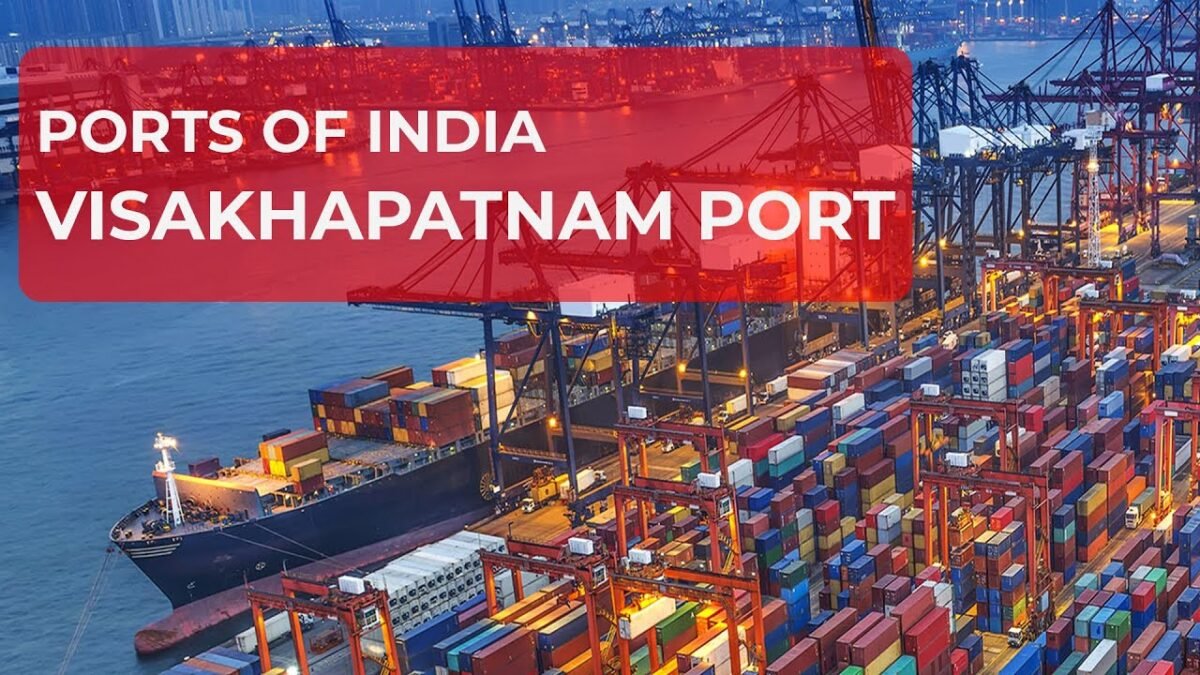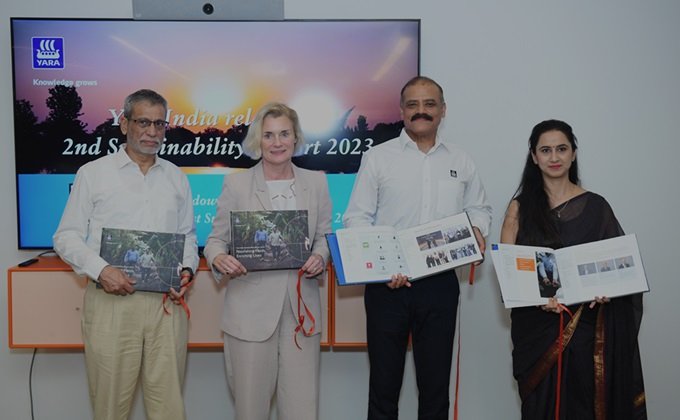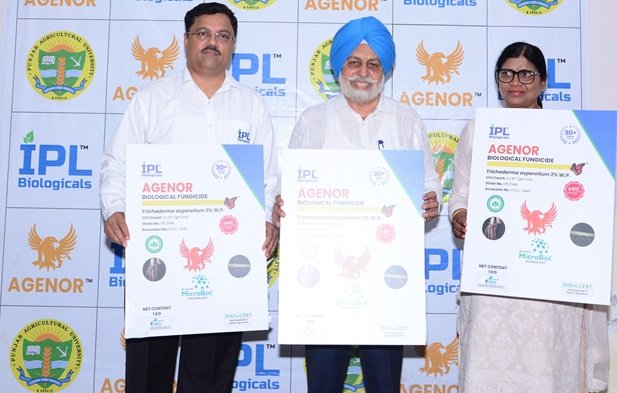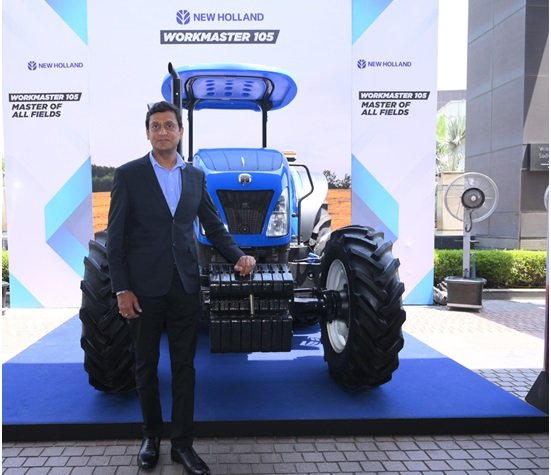IIT Kanpur and AVPL International collaborate to develop drones for large-scale landholders
To bolster research and development efforts, AVPL International will establish its R&D lab within Technopark@iitk, the research and technology park of IIT Kanpur.
The Indian Institute of Technology Kanpur (IITK) and AVPL International, a leading company in the Indian agriculture drone ecosystem, have joined hands for co-developing cutting-edge drones equipped with advanced technology, designed to address the challenges faced by large-scale landholders in India, Australia, Austria, and multiple European nations. Through pioneering drone technology and a strong emphasis on innovation and collaboration, this partnership is set to revolutionise agricultural practices and enhance sustainability globally.
To undertake joint research with the Signal Processing in Networking (Spin) laboratory at the Department of Electrical Engineering, IIT Kanpur, under the guidance of Prof. Ketan Rajawat, an MoU was signed by Prof. Tarun Gupta, Dean of Research and Development at IIT Kanpur, and Preet Sandhuu, Founder and Chairman of AVPL International.
The signing ceremony was attended by Prof. Jayandharan G Rao and Prof. Ketan Rajawat from IIT Kanpur, as well as Prof. Amarendra Singh, Reema Mittal, and Dr. Piyashee Mallik representing Technopark@iitk, along with Mr. Himanshu Sharma, CEO of AVPL International, Mr. Haren Gandhi, and Ms. Sweta Singh from AVPL.
Upon signing the MoU, Prof. Tarun Gupta, Dean of Research and Development, IIT Kanpur, said, “This partnership will harness drone technology for tackling agricultural hurdles such as seed broadcasting and agrochemical spraying, elaborating on the multifaceted benefits of drones as cost-effective and versatile tool,”.
Preet Sandhuu, Founder and Chairman of AVPL international, said, “Leveraging the extensive heritage of pioneering research at IIT Kanpur, we aim to develop drone solutions that will not only fulfil but surpass the advancing demands of agriculture globally.”
Himanshu Sharma, CEO of AVPL international, further added that this collaboration will yield drones that will enhance agricultural productivity and sustainability on a global scale.
To further bolster research and development efforts, AVPL International will establish its R&D lab within Technopark@iitk, the research and technology park of IIT Kanpur. Prof. Amarendra Singh, Professor-in-Charge of Technopark@iitk, stated, “An environment conducive to innovation and collaboration between industry and academia is necessary, and that is what Technopark works towards.”
Reema Mittal, COO of Technopark@iitk, said, “My team and I work closely with the industry to understand their R&D requirements and help them leverage the thriving research ecosystem at IIT Kanpur in a highly efficient and seamless manner. With AVPL, we have spent close to eight months reaching this stage.”
To bolster research and development efforts, AVPL


